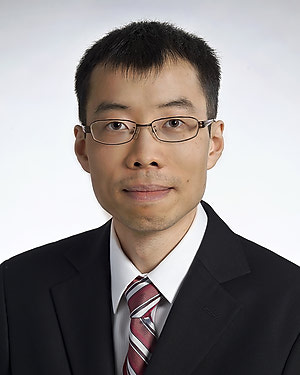Background
Ho Lam Tang, Ph.D. is an Assistant Professor of Neurosurgery in the Division of Pediatrics at the Johns Hopkins University School of Medicine. He has discovered an interesting and unexpected recovery mechanism that dying cells could use to escape from the brink of cell death. Programmed cell death, such as apoptosis has long been assumed to be a one-way process ending in cell suicide. Challenging this general dogma, Dr. Tang has demonstrated that dying cancer cells and primary cells can reverse the initiated apoptotic process, even at the late execution stage, which is widely considered as the “point of no return”. He coined a term “Anastasis”, which means “Rising to life” in Greek, to describe the recovery of dying cells.
Tang laboratory aims to understand the functional roles, pathological potentials, and therapeutic implications of anastasis. Anastasis could play important roles in mediating cell death and survival by limiting apoptosis during embryonic development and normal homeostasis. Enhancing anastasis to avert apoptosis and rescue injured neurons and heart cells may be beneficial for treating brain injury and heart failure, respectively. Conversely, suppressing anastasis in dying cancer cells, undergoing apoptosis due to anti-cancer therapies, may promote cancer cell death and reduce the chances of recurrence.
Dr. Tang and his colleagues have recently found that heat shock proteins (HSPs) and mouse double minute 2 homolog (MDM2) are the druggable regulators of anastasis. Ongoing research efforts focus on elucidating the molecular mechanisms of anastasis, identifying anastasis-targeting agents, and determining physiological roles and pathological consequences of anastasis by using next generation sequencing, high throughput proteomic analysis, and clinically relevant animal models. A better understanding of what normally regulates anastasis is critical to understand the natural functions of anastasis, and to leverage this process for therapeutic applications.


Patient Ratings & Comments
The Patient Rating score is an average of all responses to physician related questions on the national CG-CAHPS Medical Practice patient experience survey through Press Ganey. Responses are measured on a scale of 1 to 5, with 5 being the best score. Comments are also gathered from our CG-CAHPS Medical Practice Survey through Press Ganey and displayed in their entirety. Patients are de-identified for confidentiality and patient privacy.